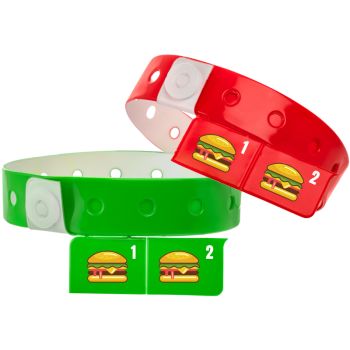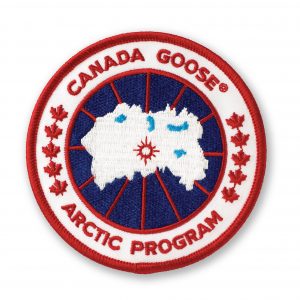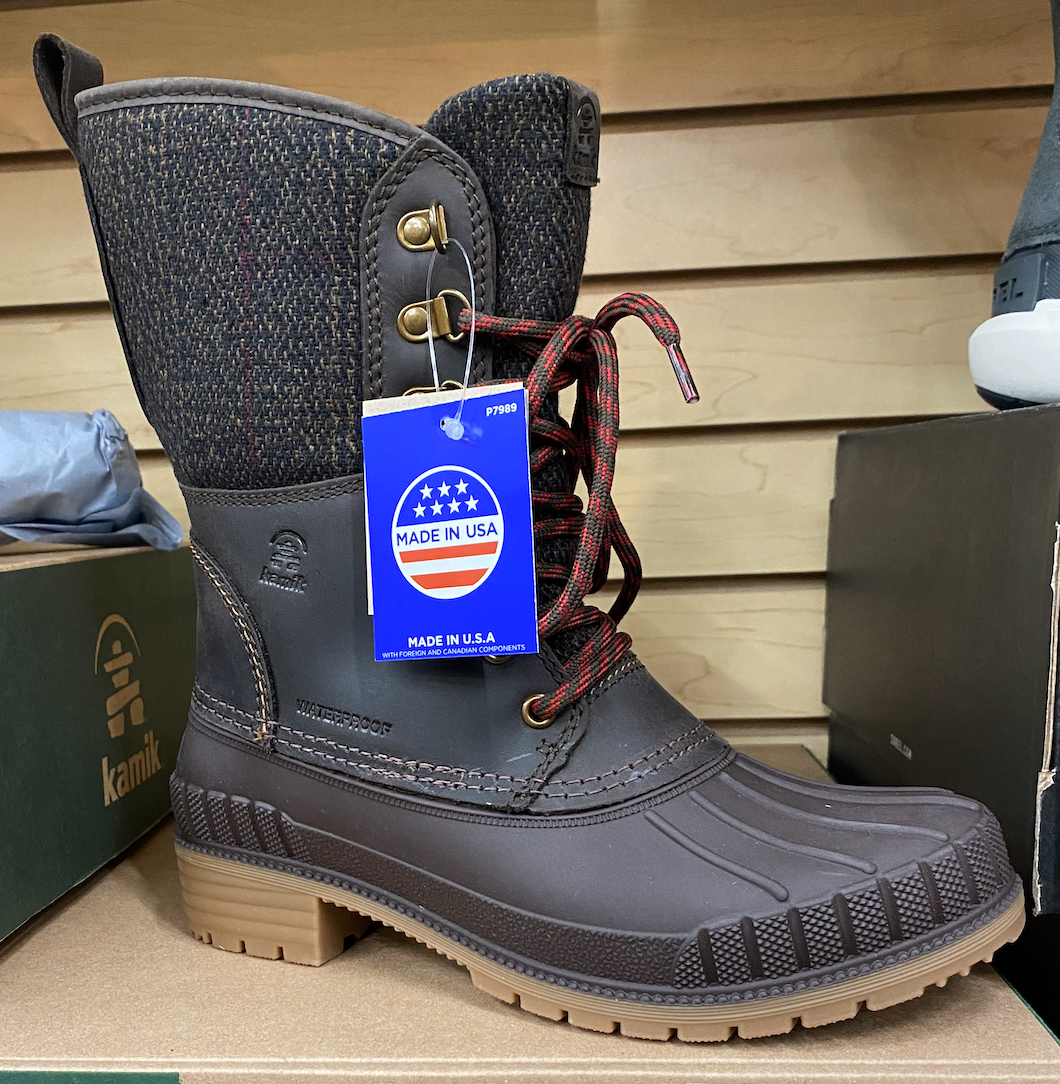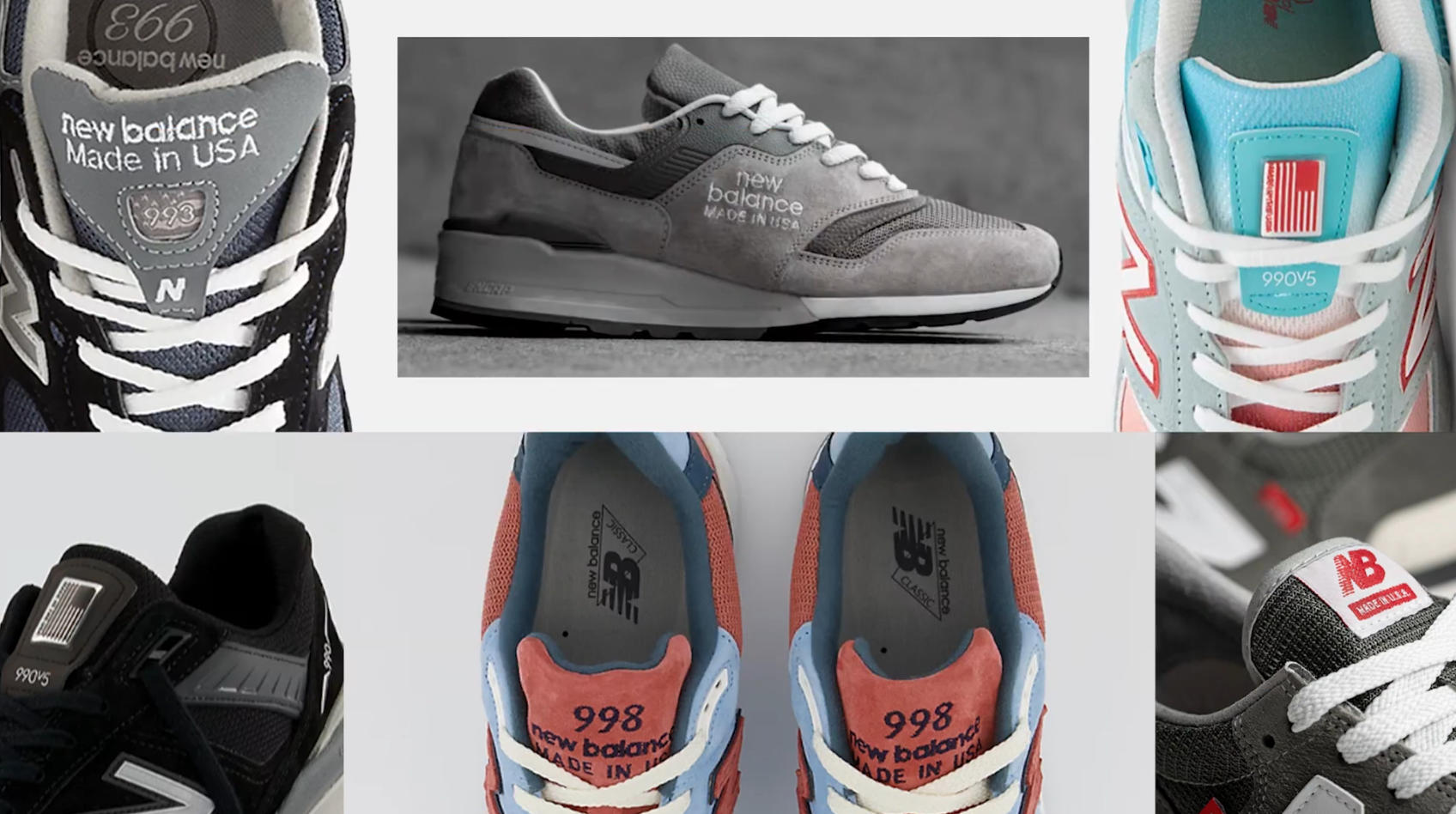
Netbrands Wristbands and Other Customized Products
FTC publishes first closing letters since Made in USA Labeling Rule went into effect in August.
Luxury outerwear company removes ad claims related to its treatment of geese but what were they?
 If a company is constantly changing its commitments, are they really commitments?
If a company is constantly changing its commitments, are they really commitments?
In April, luxury outerwear company Canada Goose said it was committed to “traceability” as it related to the sourcing of the fur and down in its apparel.
“We implemented traceability programs to ensure our materials are fully traceable throughout the supply chain,” the company said on its website just three months ago.
Today, Canada Goose says it’s committed not to traceability but to “transparency,” a more ambiguous term. And where the company used to reference its traceability programs it now says simply, “We are deeply committed to the ethical sourcing and responsible use of all materials in our products.”
What happened? While we can’t say for certain that the change was a result of an FTC inquiry into potentially “false or misleading representations about the treatment of geese whose down is used” in the company’s apparel (in part because the June 17 closing letter to Canada Goose is cryptic), both the timing and focus of the inquiry indicates that it played a role.
TINA.org sought to clarify the “advertising claims at issue” that Canada Goose removed to avoid a possible enforcement action by the nation’s leading consumer protection agency. After all, Canada Goose’s jackets aren’t cheap. If something Canada Goose said about its treatment of geese helped to convince a consumer to pay more for the company’s product but that representation turned out to be false, doesn’t that consumer have a right to know how he or she was misled?
The FTC declined to comment beyond what’s in the letter. And Canada Goose told TINA.org: “We continuously update language in our marketing materials and in our communications, and in this instance the substance of our prior statements has remained the same.”
But has the substance remained the same? If we’re correct that the change in commitment was prompted by the FTC inquiry, we’d argue that a commitment to traceability, which can be measured, sets a higher bar than a commitment to transparency, which can really mean whatever Canada Goose wants it to mean.
The FTC closing letter has another glaring omission: it makes no mention of a 2017 PETA complaint that urged the FTC to investigate Canada Goose “for deceiving consumers regarding the welfare of geese for down in the company’s products.” Asked if the PETA complaint sparked the inquiry, an FTC spokesman would only confirm that the agency received the complaint.
Find more of our coverage on environmentally friendly claims here.
Our Ad Alerts are not just about false and deceptive marketing issues, but may also be about ads that, although not necessarily deceptive, should be viewed with caution. Ad Alerts can also be about single issues and may not include a comprehensive list of all marketing issues relating to the brand discussed.
FTC publishes first closing letters since Made in USA Labeling Rule went into effect in August.
Zooming in on the fine print of a “Made in USA” tag.
New Balance labels some of its shoes as “Made in USA.” Here’s why that’s a problem.

